

Don’t Go to Work the World is Ending by Paul Dalton was a fun and evocative read, that toed the line brilliantly between a fun and lively fantasy story, with a modern climate cautionary tale.
I got it on pre-order and was lucky that it arrived earlier than I had anticipated, since I was beyond eager to read it. The book technically debuts on May 25th, but I consider myself fortunate to have been able to read it so soon! Don’t Go to Work the World is Ending is Paul Dalton’s debut novel, and I was excited to see a fresh story from a fresh author, especially in an age of franchises and sequels on sequels on sequels. In many ways, my expectations were met and even exceeded!
Jack’s character stood out to me especially. He was a relatable yet fresh voice to take a hold of the narrative with, and I like how you see him grow into himself and change in a realistic way, without being an obvious “Chosen One” trope, or even an obvious subversion of such trope. I really enjoyed his placid but moral nature and how it drove him to take actions that didn’t feel sudden or especially high fantasy, but still fit in brilliantly with a story that become increasingly more fantastical! I also really enjoyed his sense of humour and the classic deadpan British kind of tone. He was a wonderful character to follow and experience the story “with”, and one that will stick with me!
The rest of the overall cast was fun, varied, and well-explored over the course of the story. The dynamics between Jack, Nisha, and Muriel worked well, and I enjoyed the ways they complemented one another in terms of action, and decision. By the end of the novel, I was glad for their reunion and they way that they felt like a real and capable team!
I especially enjoyed the climate change aspect of the novel too, and the way that the sweltering city heat was described so thoroughly and evocatively that I could feel it myself, sitting in a stone cottage that wouldn’t trap the heat even if you begged it to. The heat acting almost as a character in and of itself was an impressive take, and it brought me into this version of London without looking back to check if I was there, or even really giving me the chance to flee! Including a very modern issue in a fantasy book such as this was a clever and creatively unique move, and created a feeling of atmosphere that felt both very close to the present-day and real world, and still had that faraway charm of a high fantasy novel, which I enjoyed a lot.
Paul Dalton has a fantastic writing style and it shows you that it came from years of hard work, and sheer determination. He creates a wonderful sense of intrigue, allure, and mystique in the ever-recognizable setting of London, and a classically British voice to match it, and still manages to cultivate some phenomenal tension, and surprise. You can find him here or here.


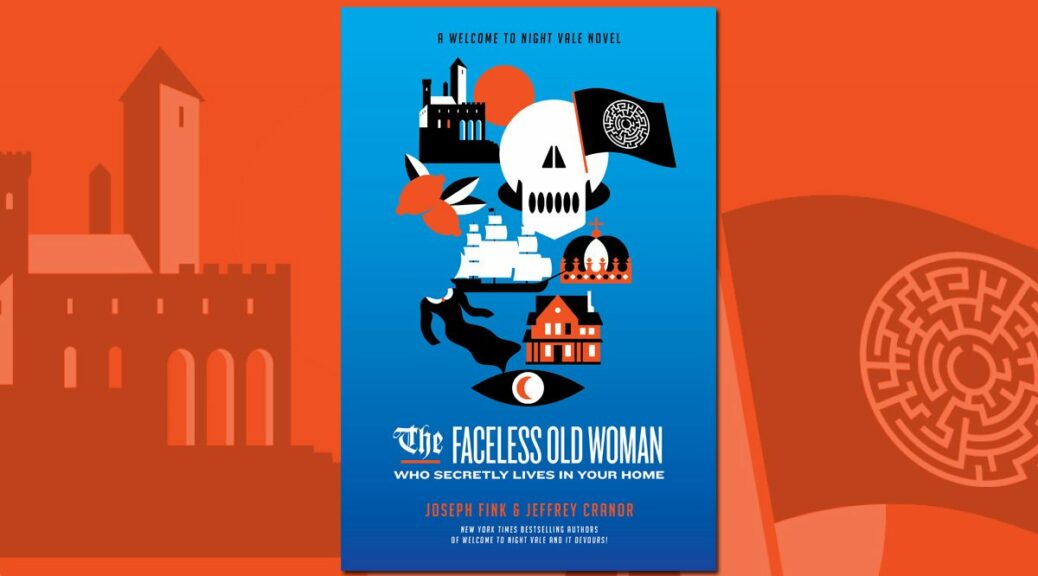


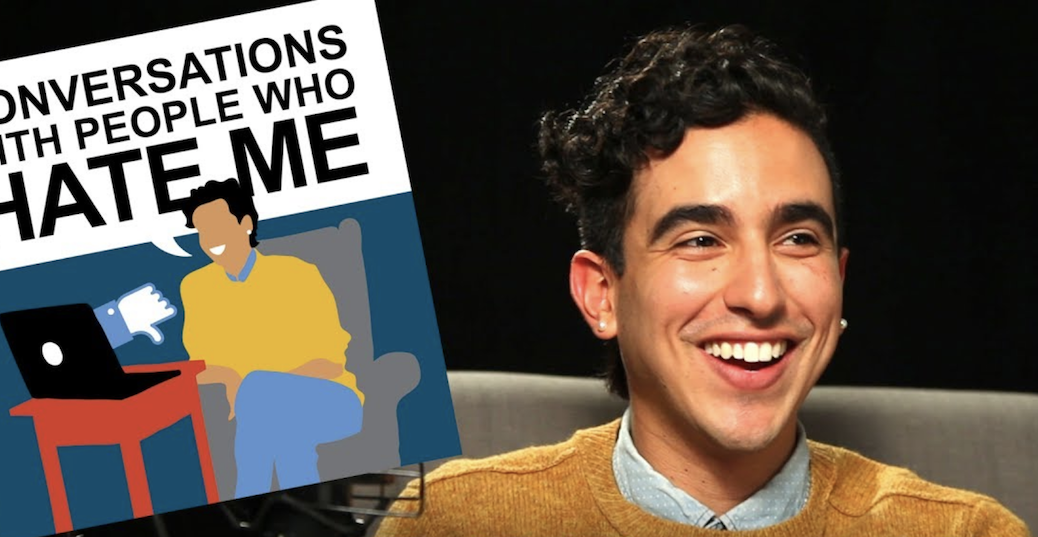
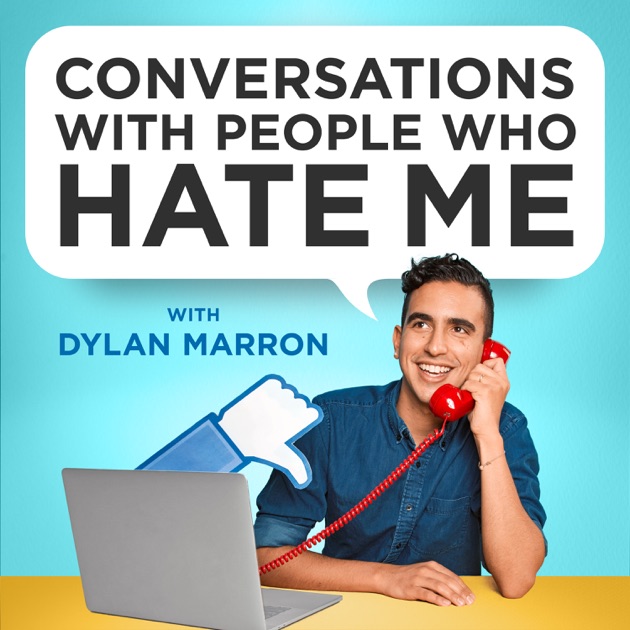
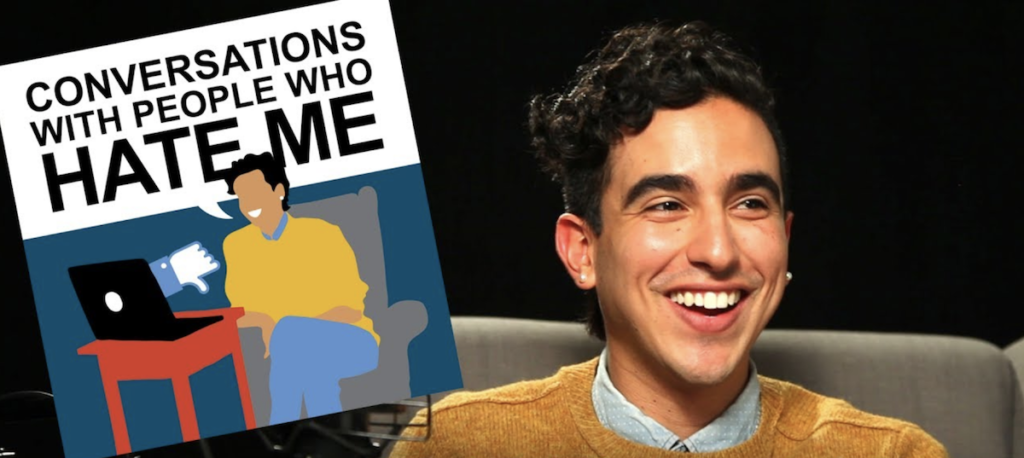
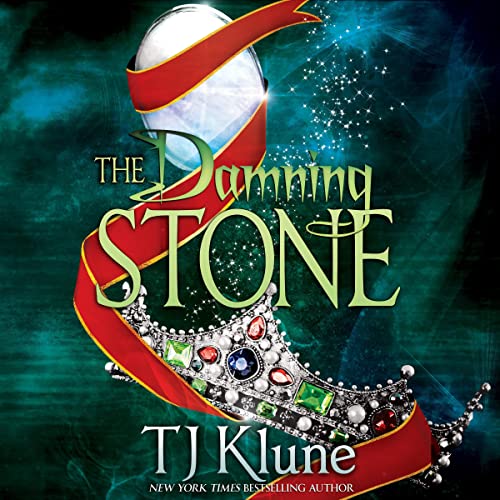


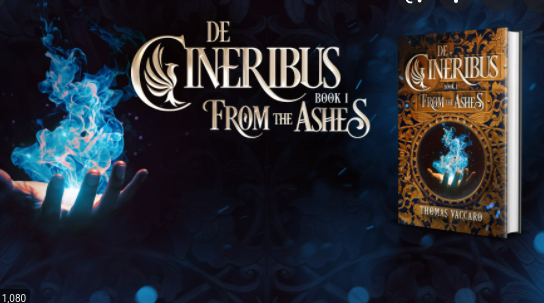






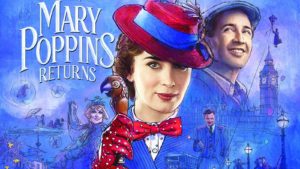
 (3 / 5)
(3 / 5)
 (2 / 5)
(2 / 5)